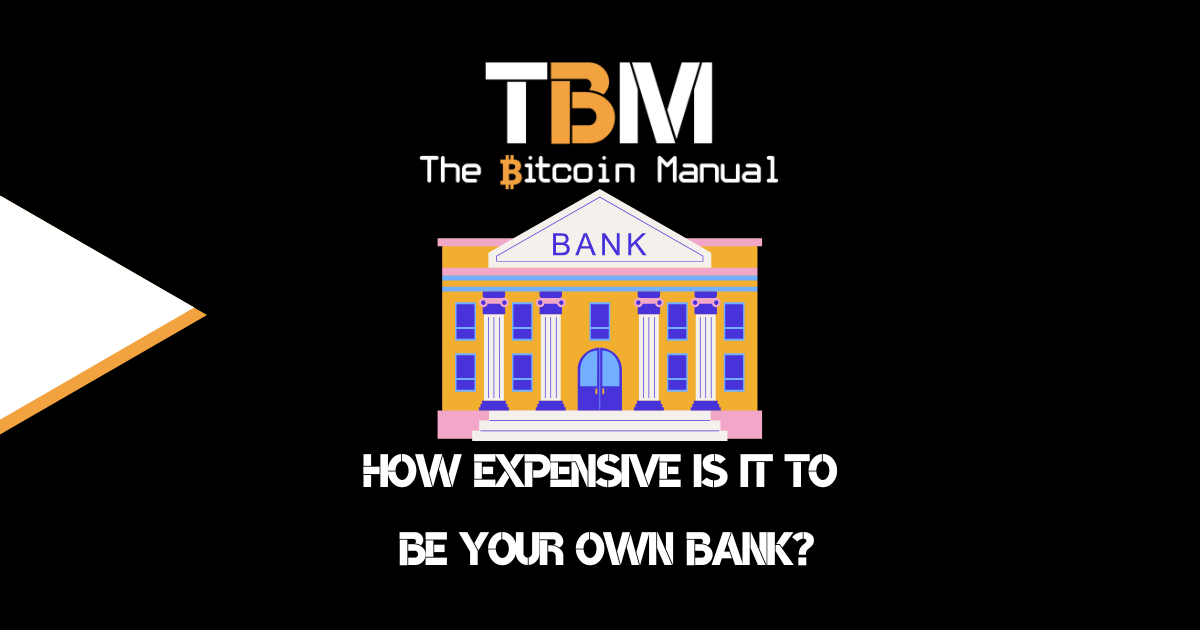Bitcoin Explorers
Home » Behind The Bitcoin » Block Explorer
Bitcoin and its underlying time chain network using blockchain technology are often lauded for transparency, as all transactions are available for review on a public ledger. Anyone who runs a bitcoin node can gain download and review historical and up to date blockchain data, while some third parties broadcast their node data to public websites for anyone to review
These public websites are block explorers and have become a crucial part of bitcoin oversight. A block explorer is an online tool that enables you to search for real-time and historical information about a blockchain, including data related to blocks, transactions, addresses, and more.
Certain block explorer contains information about one particular network, while others offer multiple network data, such as the base chain and side chains. Bitcoin is an open monetary network that anyone can use and anyone can extract data from, there are no secrets when it comes to bitcoin transactions and with a little help, you can scour the entire chain at will.

How a block explorer works
Blockchain explorers work by curating and formating data into a simple user experience for the average user to explore the wealth of data hosted on the bitcoin blockchain. Block explorers extract data from their node and host it in a database that holds all the bitcoin blockchain in a searchable format and tables to provide historical data.
An explorer will also query a node interface first to extract all the data in a given blockchain to provide real up to the minute data. Once it derives the data, it stores it in easily searchable tables. It will gather the latest transactions and blocks and arrange them according to the defined searchable categories – for instance, wallet addresses, transaction IDs, UTXOs, rich lists, balances, etc.
Why use a block explorer?
Block explorers provide easy to access data and can be valuable to bitcoin users or as a source of data for traders, miners, validators, businesses, and enthusiasts. Users can quickly lookup data on the fly or compare data feeds they get from their nodes. You can use a block explorer to check the status of a transaction if you’re buying or selling bitcoin.
You can also acquire information associated with your blockchain address, including your transaction history, the total value of the assets held at the address, the total amount of bitcoin received at the address, and the total amount of bitcoin sent from the address, among other data points.
Note: It’s important to remember that when you use a block explorer, you are relying on a third party and trusting them to provide accurate data. If you’re not comfortable with this trade-off, it would be better to verify blockchain data yourself by running a full node or a node for the layer two solutions you’re using.
How to use a block explorer
When you visit a block explorer site, you will likely see a central search bar that enables you to retrieve specific types of information. The block explorers search functionality typically accepts public wallet addresses, transaction hashes, and block height or UTXOs as queries. These queries can be placed into search, and data will be retrieved based on those refinements.
The search functionality varies by explorer and by blockchain, so be sure to check out several options to find one that suits your data requirements best.
Certain block explorers also provide data curation services and often display data about the latest transactions and blocks and aggregate data on the performance and health of the network.
Block explorers for the base chain
| Platform | Network | URL |
|---|---|---|
| Blockchain.com | Base Chain | https://www.blockchain.com/explorer |
| Blockchair | Base Chain | https://blockchair.com/ |
| Block Explorer | Base Chain | https://blockexplorer.com/ |
| Blockstream Info | Base Chain | https://blockstream.info/ |
| Blockstream Info | Base Chain | https://blockstream.info/ |
| BTC.com | Base Chain | https://explorer.btc.com/ |
| BitFeed Live | Base Chain | https://bitfeed.live/ |
Block explorers for sidechains
| Platform | Network | URL |
|---|---|---|
| Blockstream Info | Liquid Network | https://blockstream.info/ |
| Mercury Explorer | Statechains | https://explorer.mercurywallet.com/ |
| Omni Explorer | Omni Network | https://omniexplorer.info/ |
| Omni Explorer | RSK Network | https://explorer.rsk.co/ |
Network explorers for Lightning
| Platform | Network | URL |
|---|---|---|
| 1ML | Lightning Network | https://1ml.com/ |
| Acinq Explorer | Lightning Network | https://explorer.acinq.co/ |
| Amboss | Lightning Network | https://amboss.space/ |
| Exponential Layers | Lightning Network | https://app.exponentiallayers.com/ |
Network explorers for RGB
| Platform | Network | URL |
|---|---|---|
| RGBex | RGB Network | https://rgbex.io/ |
Share with a friend
If you thought this information was helpful why not share it on your favourite social media network and encourage others to learn more about Bitcoin
The latest news from our blog

Hackers Exploit Trezor Support & Launch Phishing Scam
In late June 2025, hardware wallet manufacturer Trezor issued an urgent security warning to its users about a phishing campaign that exploited their customer support

Running A Cloud Lightning Node
The Lightning Network promised us Bitcoin transactions with instant, low-cost payments and to an extent, it has delivered, but not without a trade-off involved. If

How Expensive Is It To Be Your Own Bank?
Every month, millions of people quietly hand over their hard-earned money to banks through fees that have become so normalised we barely notice them. Account
